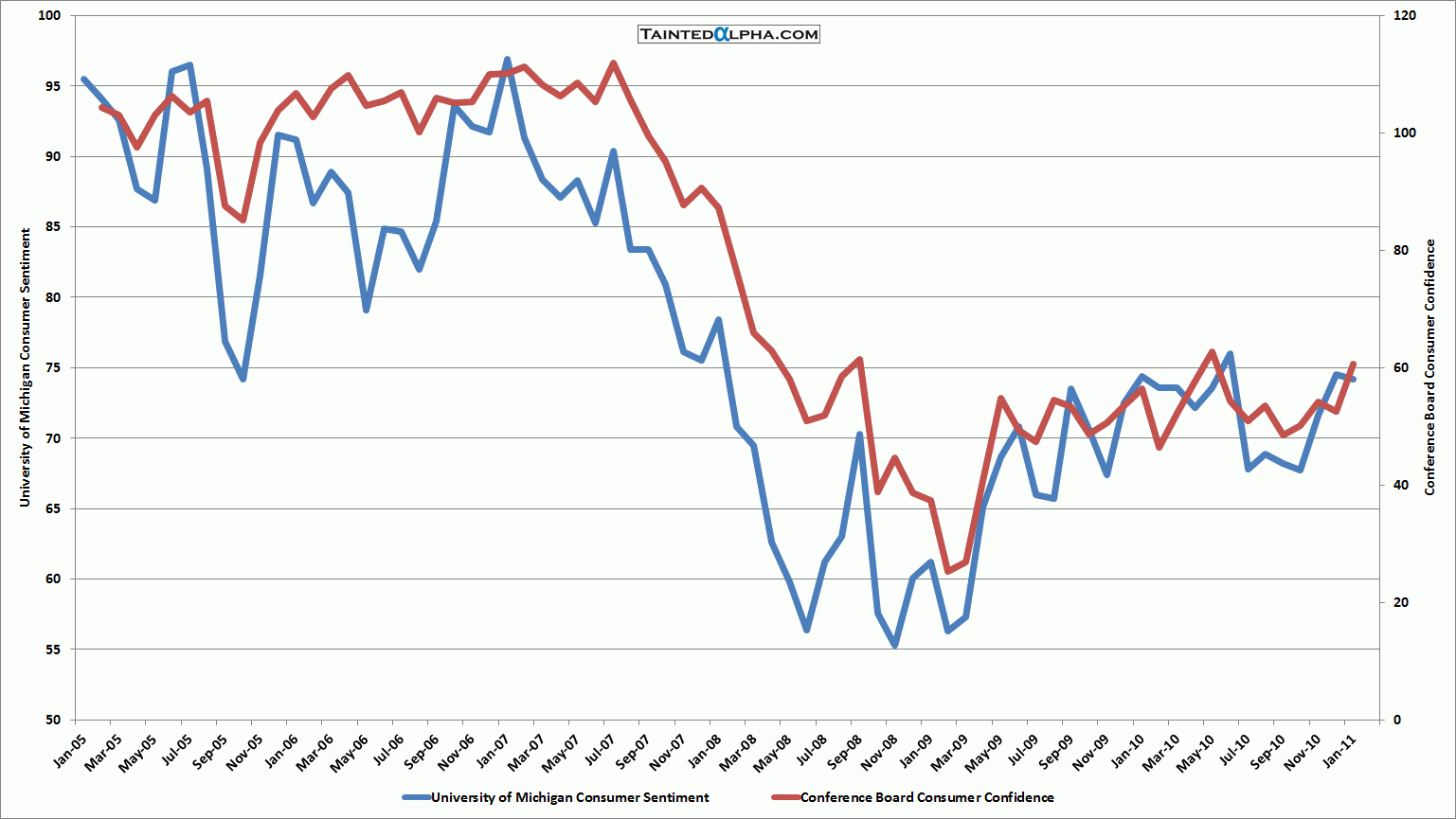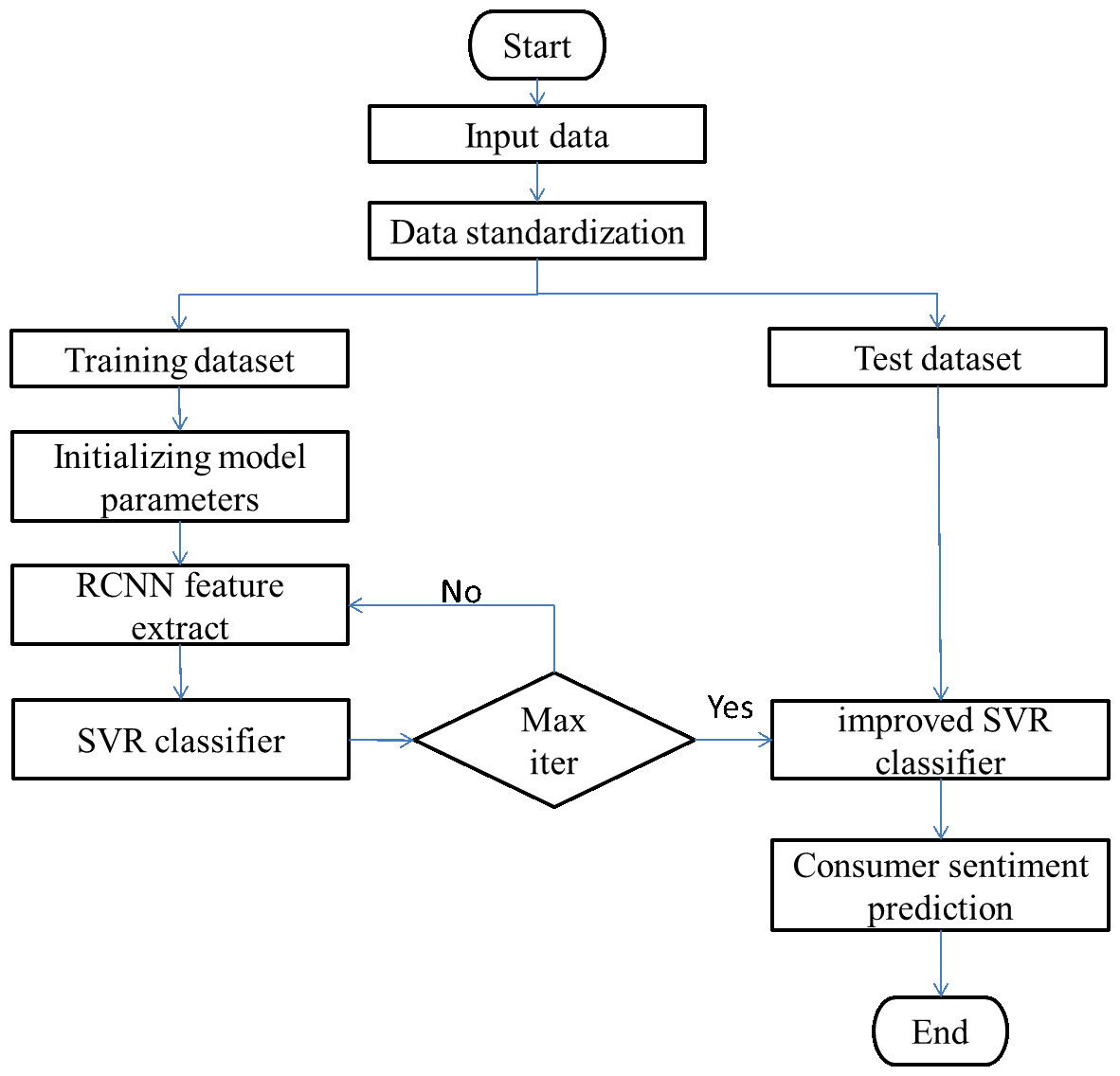Table of Contents
- UK Consumer Sentiment Continues Recovery
- US consumer sentiment declines to 6-month low amid sticky inflation
- University of Michigan Index of Consumer Sentiment : r/democrats
- Consumer Sentiment Survey Show Improvements in 2018 | Infographics ...
- Michigan Consumer Sentiment: July Final Slightly Worse Than Expected ...
- October US consumer sentiment index
- January University of Michigan Consumer Sentiment Final Reading At 74.2 ...
- U.S. Consumer Sentiment Soars To Nearly Two-Year High In July
- A consumer emotion analysis system based on support vector regression ...
- Bad News is Good News? Consumer Sentiment Drops in May



Why Consumer Surveys Matter



Benefits of Consumer Surveys



Types of Consumer Surveys
There are several types of consumer surveys, including: Online Surveys: Conducted through websites, social media, or email, online surveys are a convenient and cost-effective way to gather feedback from a large number of consumers. Phone Surveys: Conducted over the phone, these surveys are often used to gather more in-depth information from consumers. In-Person Surveys: Conducted in person, these surveys are often used to gather feedback from consumers in a specific location, such as a store or mall.
Best Practices for Conducting Consumer Surveys
To get the most out of consumer surveys, it's essential to follow best practices, including: Keep it Short and Simple: Surveys should be concise and easy to understand to ensure high response rates. Use Clear and Concise Language: Avoid using jargon or technical terms that may confuse respondents. Offer Incentives: Offer incentives, such as discounts or rewards, to encourage respondents to participate. In conclusion, consumer surveys are a powerful tool for businesses to gain valuable insights into consumer behavior and preferences. By conducting surveys, companies can make informed decisions, improve customer satisfaction, and stay ahead of the competition. Whether you're a small business or a large corporation, consumer surveys can help you unlock the secrets of your target audience and drive business growth. So, start surveying your customers today and discover the power of consumer insights for yourself!Keyword density: - "consumer surveys": 7 instances - "businesses": 5 instances - "customers": 4 instances - "market trends": 2 instances - "consumer behavior": 2 instances - "preferences": 3 instances
Word count: 500 words.